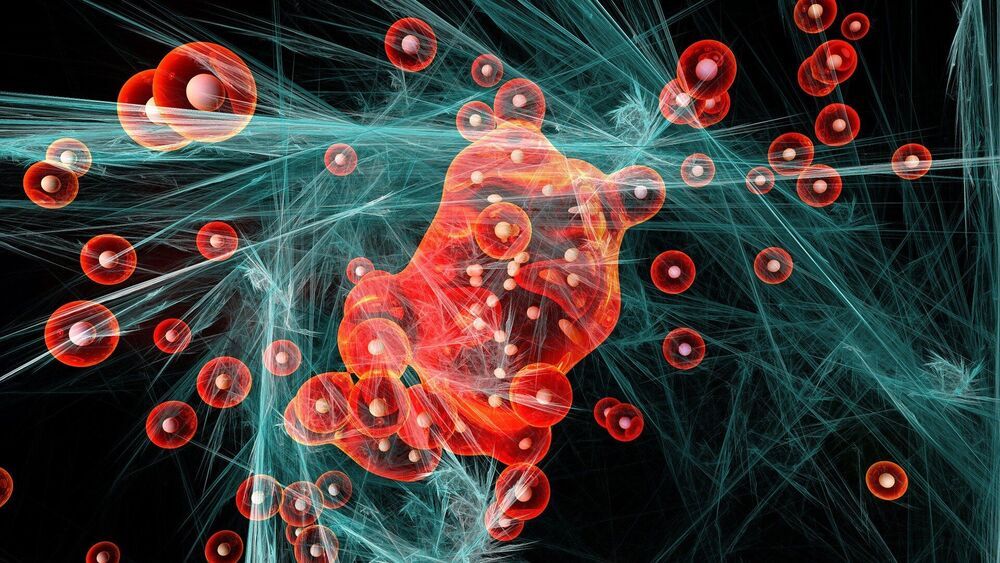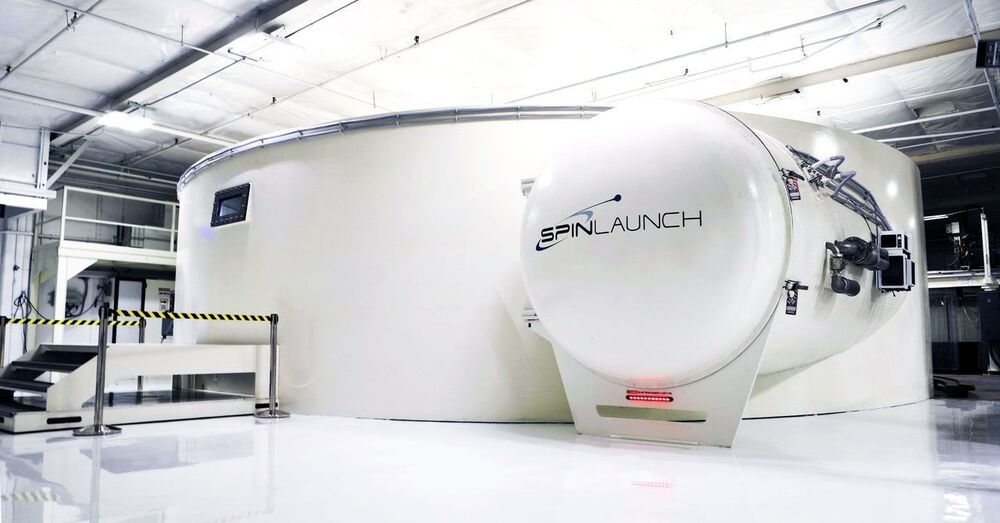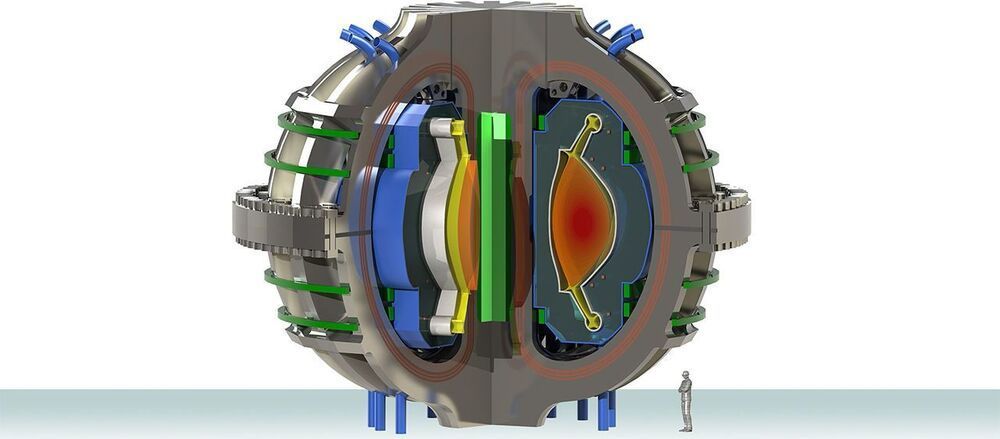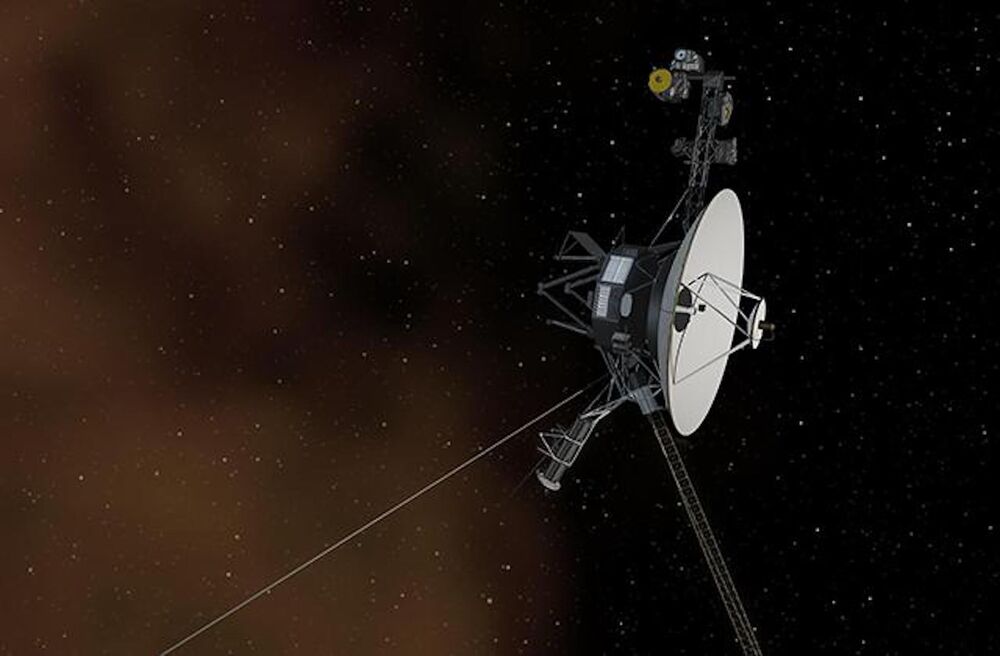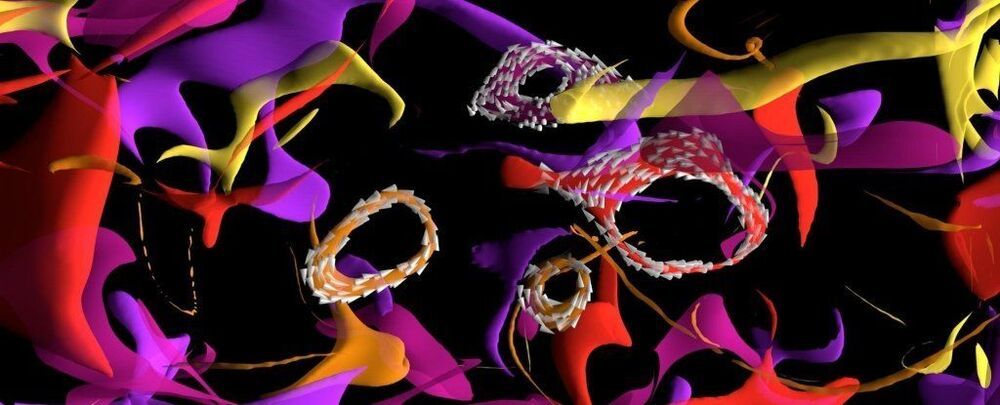The observation of a chemical reaction at the molecular level in real time is a central theme in experimental chemical physics. An international research team has captured roaming molecular fragments for the first time. The work, under the supervision of Heide Ibrahim, research associate at the Institut national de la recherche scientifique (INRS), was published in the journal Science.
The research group of the Énergie Matériaux Télécommunications Research Centre of INRS, with support of Professor François Légaré, has used the Advanced Laser Light Source (ALLS). They have succeeded in shooting the first molecular film of “roamers”—hydrogen fragments, in this case—that orbit around HCO fragments) during a chemical reaction by studying the photo-dissociation of formaldehyde, H2CO.
